Why does the site load time matter?
Site load time ensures that the pages on your website are presented to the user faster and with higher performance. At a strong page speed, it is enough to do marketing and brand image studies to convince the user to convert and stay on your site. However, if you do not have strong enough scores regarding page speed, the page speed problem can cause low UX and make your other branding works inefficient.
Hey, the work you do for your brand is too valuable to be sacrificed in this kind of situation!
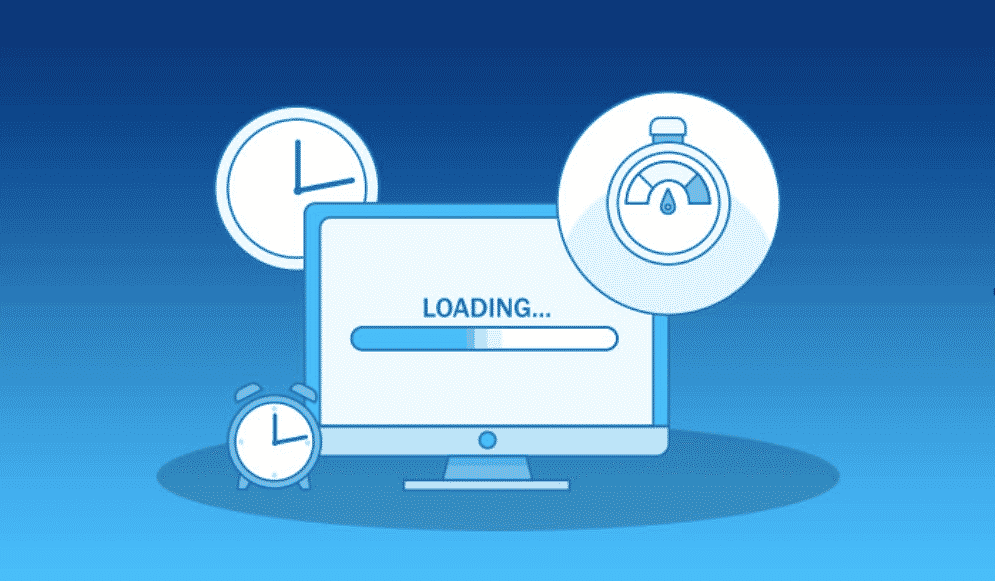
We think you can now go behind why page loading time is so important. Screpy experts have prepared powerful content for you that explains further detailed tips about the relationship between page speed and all the things about your digital success. First, let’s take a look at the rest of the content, then enter your Screpy profile and start reviewing the page speed scores of your projects. Do not forget to follow the tasks to increase them!
Start your 7-day free trial! No credit card required.
What Does Page Speed Affect?
Page speed is an important concept that affects the loading speed of your site and the waiting time of the user while browsing your site. Rather than perceiving this concept as just how many seconds it takes for your website to fully load, it may make sense to divide it into subheadings using Google Pagespeed Insights. First Contentful Paint, First Meaningful Paint, and some other additional metrics are very good at predicting UX in terms of the performance your site offers to the user. For more detailed information on this topic, you can go to the article on Page Speed and SEO.
- Page speed primarily affects the user experience (UX). User experience has a direct influence on how much time your website visitors will spend on your website and what they will do (will they convert ie. will they buy a product, give a comment, share something) during this time spent. Moreover, the user experience can also indirectly change your brand prestige and corporate reliability in the view of your visitors.
- UX will also affect the conversion rate. Because the chance of the user to interact with the website more easily increases his or her tendency to convert and makes it easy to do this.
- Conversion rate and UX will come together and affect the SEO score and SERP rankings. This happens both indirectly through the bounce rate and directly by shaping the SEO score according to these values.
Hey, there is more! Let’s explore in more detail which concepts page speed is important for.
Site Load Time and SEO: Rank Your Site Higher
Site Load Time has been determined as a parameter that significantly affects your SEO score with the ‘Speed Update’ of Google in 2018. Google acknowledges through its official statements that the loading speed of a website is important for SERP rankings. This means that pages loading faster can improve their ranking faster.
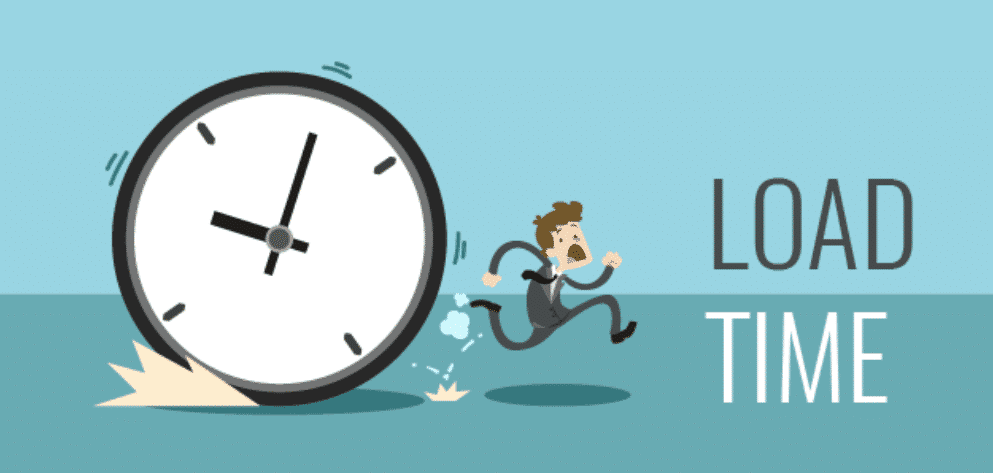
We know that especially mobile users expect much more from the site performance than before. They spend more time with their mobile phones, have a lot of alternatives for each of their desires (that is why they are not going to wait for your web page to load for seconds and seconds), and expect faster results: This is why Google cares highly about mobile-friendly websites and that having an extremely strong site load time.
Although SEO Best Practices is directly affected by page speed, there is also an indirect side to this job. Page speed affects UX, bounce rate, and conversion rates (we will see how it does under the following titles). These values affect Google search rankings -let’s say- a lot. Because it is very important for search engines to highlight the sites that appeal to the user and give them what they are looking for.
Site Load Time and UX: Make Them Happy
What does it mean for a website to have a high Google Pagespeed value? Both that the site load time is speed and the areas that can be interacted with are actively responding. So what do these two different situations mean?
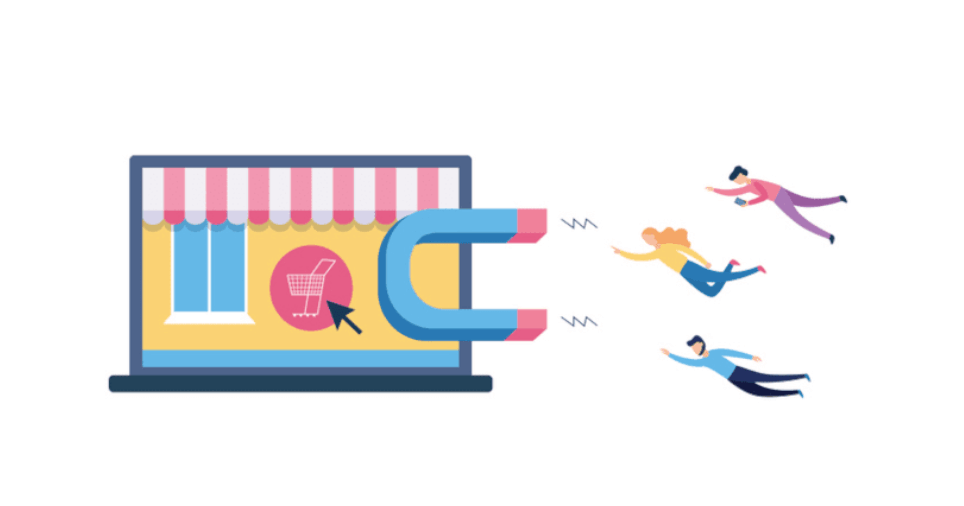
Let’s say it right away: In that case, it takes a much shorter time for the user to reach the product, service, or content he or she needs within the web page. This means that the users can find what they are looking for, benefit from what they find, and not seek another alternative. So a much more practical, economical, and smart web experience becomes available. Websites that can offer this experience take a few steps forward.
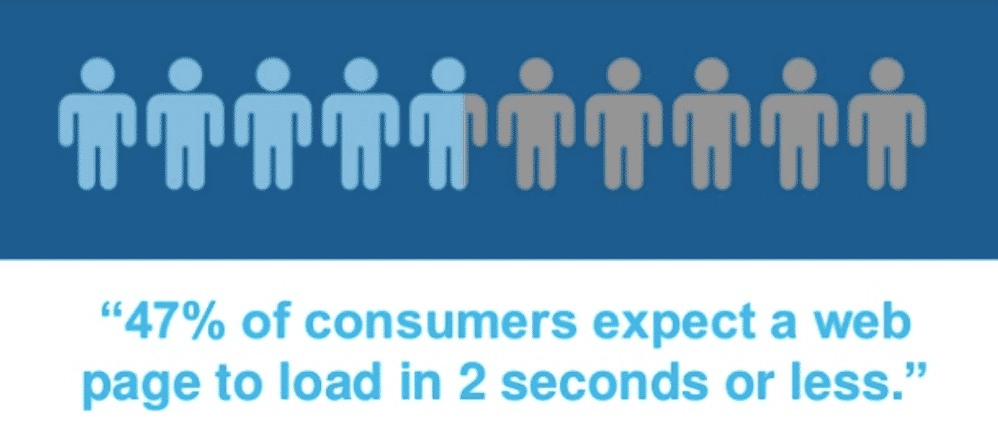
A stronger experience makes your users happier on your website. What does this mean?
- It increases the likelihood that users will revisit your site.
- Makes your brand image stronger.
- Makes users are more likely to recommend your site to someone else.
- Makes you are more likely to rise in Google rankings.
- Makes the bounce rate decrease.
Site Load Time and Conversion Rates: Make Them Reaction
You gathered users on your website, provided them with a fast loading site, and increased your traffic rates. This is great! But, what about conversion rates?
- Conversion means that a user takes the action planned by the website designers. For example, is our aim to sell products? Then user’s purchase of products means conversion.
- Is our aim to share blog content? Then users reading them, leaving comments below, or sharing this content on other platforms means a conversion.
Site load speed is one of the most important factors affecting transformation. Because no matter how long the experiences of users on their website require them to “wait”, the rate of users leaving the site increases, and conversion remains a dream. Research has revealed that about seventy percent of users who enter an e-commerce site do not shop from a “slow” site. Are you aware of how high this rate is?
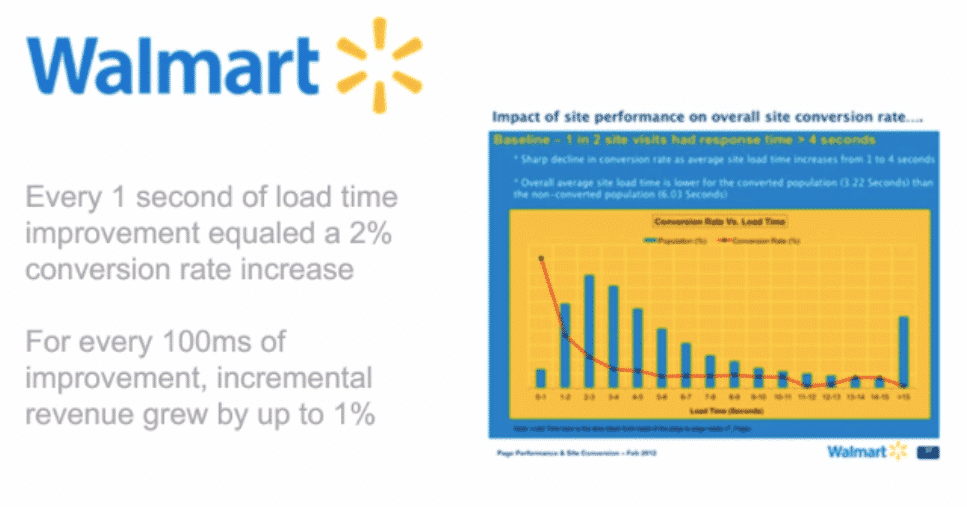
We know that site page load speed affects many factors, from user experience to conversion rates, from Google rankings to purchasing behavior. All this tells us one thing: We have to make page speed as strong as possible! Otherwise, our marketing and other optimization works will not provide us with the efficiency we expect.
So, what exactly does Screpy do for you in this whole process? Hey, we have to mention it!
Screpy analyzes every single page – yes you heard right, all of them! – on your website. As a result of these analyzes, it tells you the ways to improve these scores by providing page-specific recommendations. Step by step, clear enough for a real amateur to become professional. In this way, you get the chance to increase the loading speed of each page and increase SEO, UX, and conversion at the end of the job. It’s that simple!
Test Your Website Performance!
You can quickly analyze your site in a minute